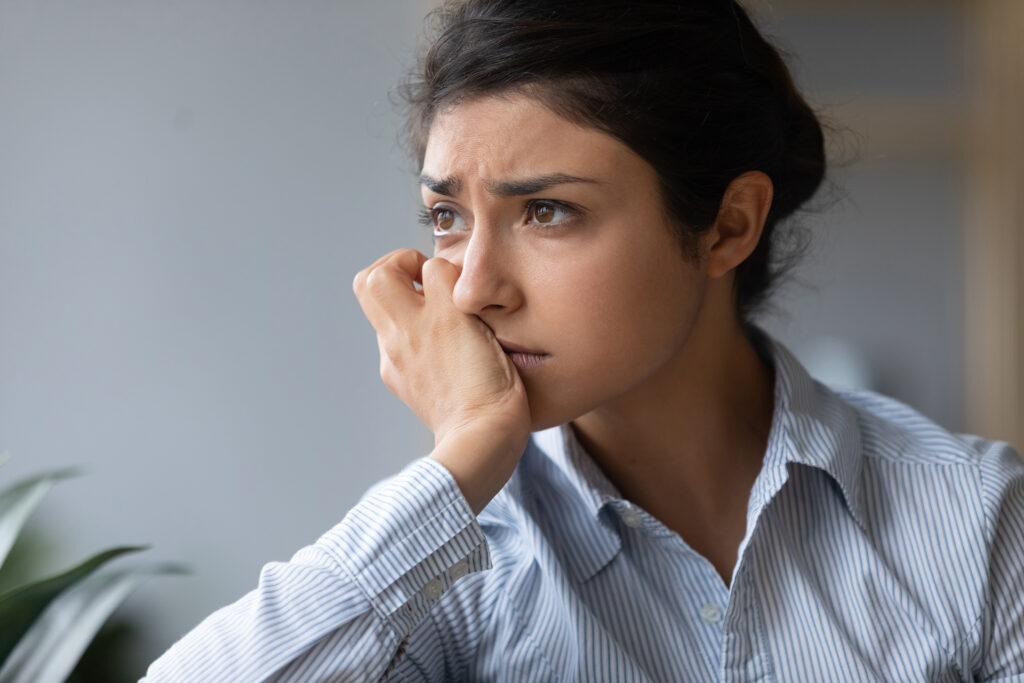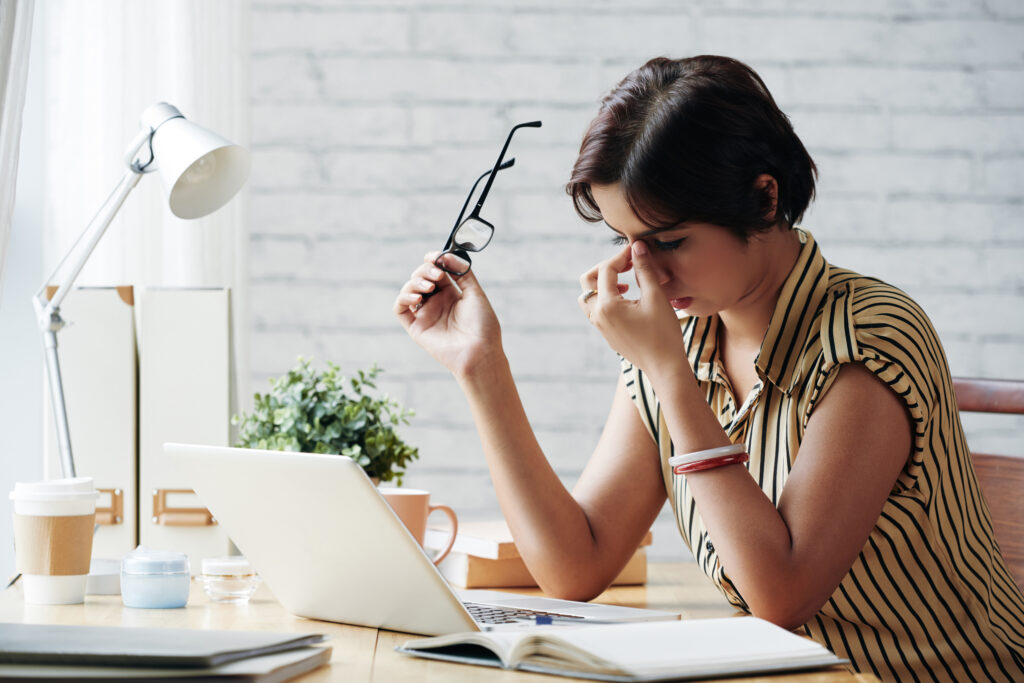Too Much Of A Good Thing? Is It Time To Cut Down On Your Caffeine Intake?

49% of us admit that we cannot start our day without a cup of tea or coffee. With almost one in five people in the UK admitting to drinking five or more cups a day, is it true that you can have too much of a good thing?
Caffeine may be affecting us in more ways than we know but Lenstore has found a list of 9 symptoms that can tell us if it’s time to cut down on the caffeine.
1 Anxiety
Feeling nervous, anxious and jittery can all be side effects of the caffeine in coffee triggering the release of adrenaline. We then go into the state of ‘fight or flight’, leaving us at a level of anxiety that is increased with the more coffee consumed.
2 Insomnia
Dry eyes and find it difficult sleeping? Although staying awake may be why you are drinking coffee, too much of it and you may not be able to go to sleep when you actually want to. Lenstore has found that 33% of people admit that caffeine makes it hard for them to fall asleep.
3 Headaches
Withdrawal symptoms from coffee often include headaches. Caffeine narrows the blood vessels in the brain so when we stop taking in caffeine, they expand and put pressure on our brains causing headaches.
4 Dizziness
The same effect that can cause headaches can also make you feel dizzy. The caffeine constricting the blood vessels in your head is also restricting the blood flow. Too much and you may feel woozy and lightheaded.
5 Muscle Tremors
Twitching eyes and trembling hands may be a sign to reduce your coffee intake. Caffeine is a stimulant which can cause the twitching and spasm of muscles.
6 High blood pressure
Your heart rate rising may be from the lovely thought of your next coffee or it might be a side effect of high blood pressure. If you already have high blood pressure extra caffeine could put you at risk of heart attacks and strokes.
7 High blood pressure in your eyes
High blood pressure can affect your eyes and damage the blood vessels in them. Bleeding can be caused in the eyes along with vision becoming blurry and, in some cases, complete loss of sight. The risk of Glaucoma can also be raised with signs being eye pain and seeing rings around lights which can lead to blindness if untreated.
8 Confusion and hallucinations
Irritability, anger and confusion are all feelings you may get when you run out of coffee, but they are also signs that your mood is being affected by caffeine consumption or withdrawal. If you notice your mental health being affected, it is important to talk to your GP. The increased adrenaline also can cause hallucinations or brain fog. At that point, it may be best to cut back the caffeine.
9 Blurred vision
Blurring of your vision and tingling in your eyes can be caused by the excess caffeine increasing your blood sugar levels.
You can also see below some further findings from the study below:
- Almost one in five people admit that caffeine gives them anxiety.
- In Finland one person consumes an average of 9.6Kg of coffee a year compared to the UK’s 1.7kg and the USA’s 3.1KG.
- Bogotá in Columbia provides the cheapest cups of coffee with an average of £0.93 but Copenhagen will charge you £4.47.
- Athens has just over 17 coffee shops per square mile, with the next highest being Seoul at just over 9.
You can find the full study at the following link: https://www.lenstore.co.uk/eyecare/the-effect-of-caffeine-on-our-health-and-vision









